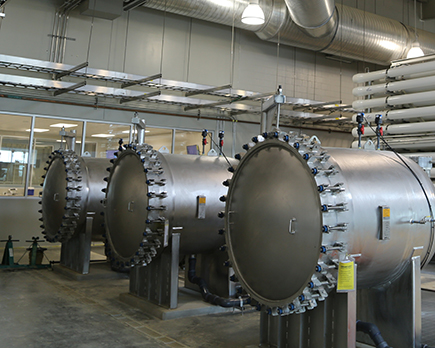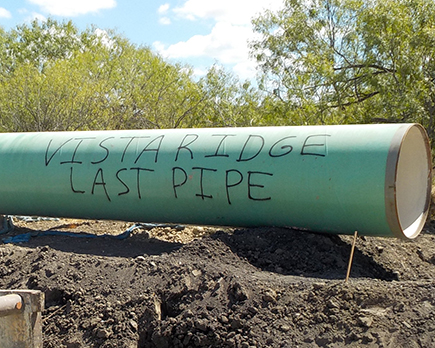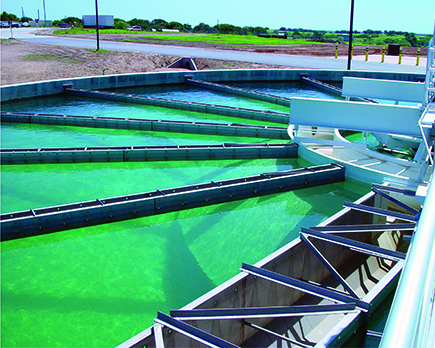
It’s the dawn of a new decade. What better time to reflect on the “state of the water” in San Antonio? Here are a few milestones marking our city’s rise as a national leader in water management over the past 10 years.
In 2010, SAWS became the first utility in the nation to capture methane from wastewater treatment to be sold for energy. SAWS reuses all three sewage byproducts: solids for compost, liquids for recycled water, and gas for energy.
Through an agreement with Schertz and Seguin, SAWS brought the new Regional Carrizo water supply on line in 2013. Leasing unused capacity in the Schertz-Seguin pipeline saved $88 million in infrastructure costs.
SAWS also achieved the highest bond rating in our history by reducing costs and increasing efficiency, saving millions annually
With this solid financial footing, SAWS was able to negotiate the largest public-private utility partnership is Texas history. In 2020, the Vista Ridge Pipeline will become our biggest non-Edwards Aquifer water supply, to meet the demands of a growing San Antonio.

Even with new water on the way, SAWS continues to make the most of existing supplies. Our “water savings account” at the Aquifer Storage & Recovery facility now holds enough to supply all of San Antonio for more than 6 months, ready to use in times of drought.
Of course, water conservation continues to be a cornerstone of our Water Management Plan. San Antonio’s daily water use per capita dropped to an alltime low of 117 gallons in 2016, thanks to programs like free irrigation check-ups and landscape coupons.
Another new water supply came on line in 2017. Our brackish desalination plant filters salty groundwater to supply up to 53,000 households each day.
SAWS also negotiated a consent decree in 2017 with the Environmental Protection Agency to repair and improve our sewer system. The agreement likely saved SAWS ratepayers hundreds of millions of dollars.

SAWS’ fiscal responsibility includes keeping services affordable. To that end, the utility’s investment in assistance programs has more than doubled, reaching out to more than 32,000 families in need.
Our commitment to financially vulnerable citizens extended to employees as well. In 2019 SAWS increased starting salaries to $15.25 per hour, to better recruit and retain a skilled workforce.
That steady commitment to employee and community well-being is one reason SAWS was named to the city’s Top Workplaces in 2019 — for the seventh time since 2011.
In what may have been the most ambitious achievement of the decade, the Bexar Metropolitan Water District, a utility the size of Corpus Christi, was seamlessly folded into SAWS without any disruption to BexarMet’s 94,000 former customers.
So raise a refreshing glass of crisp, clear SAWS tap water. Here’s to the next 10 waterful years — and beyond!